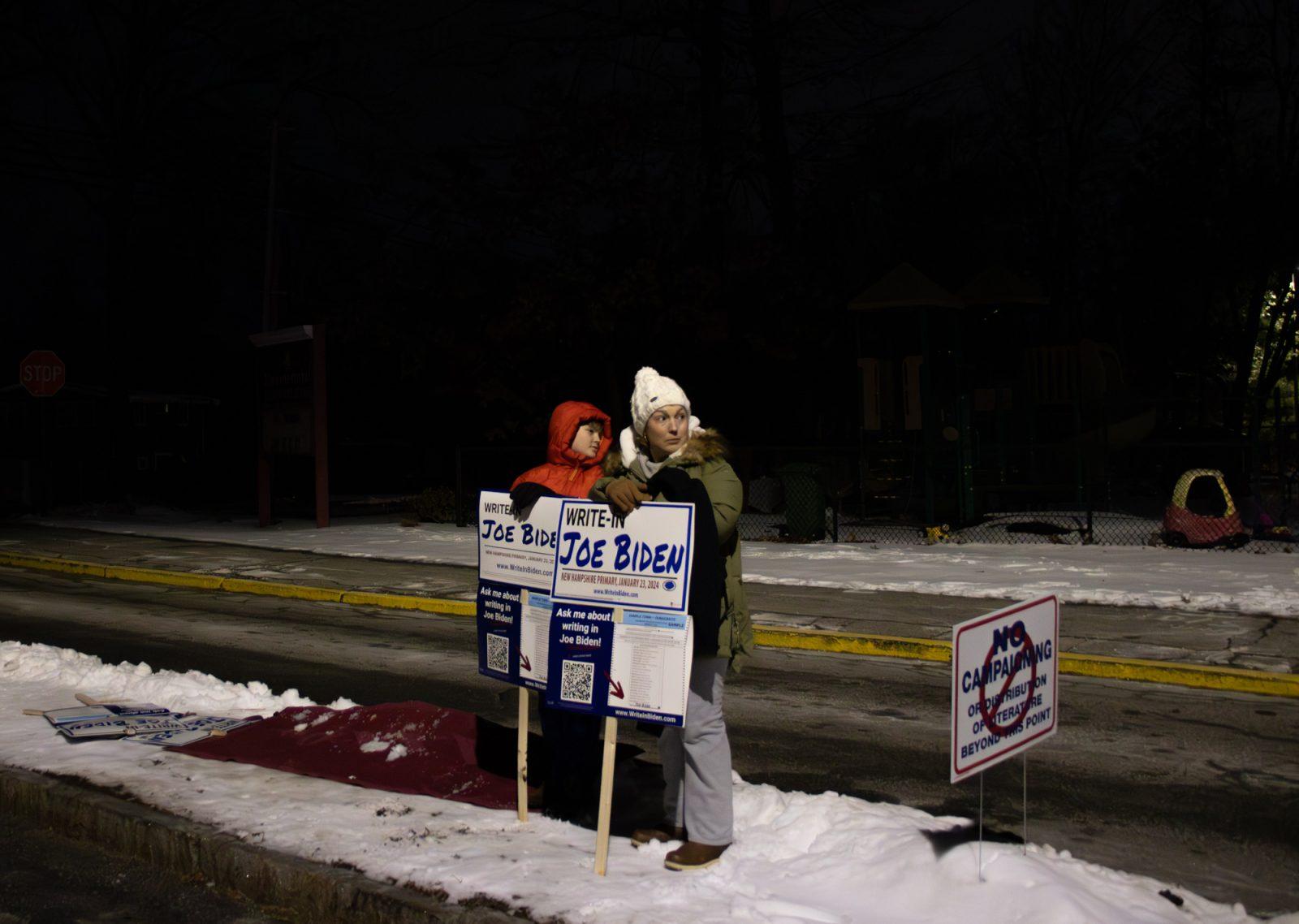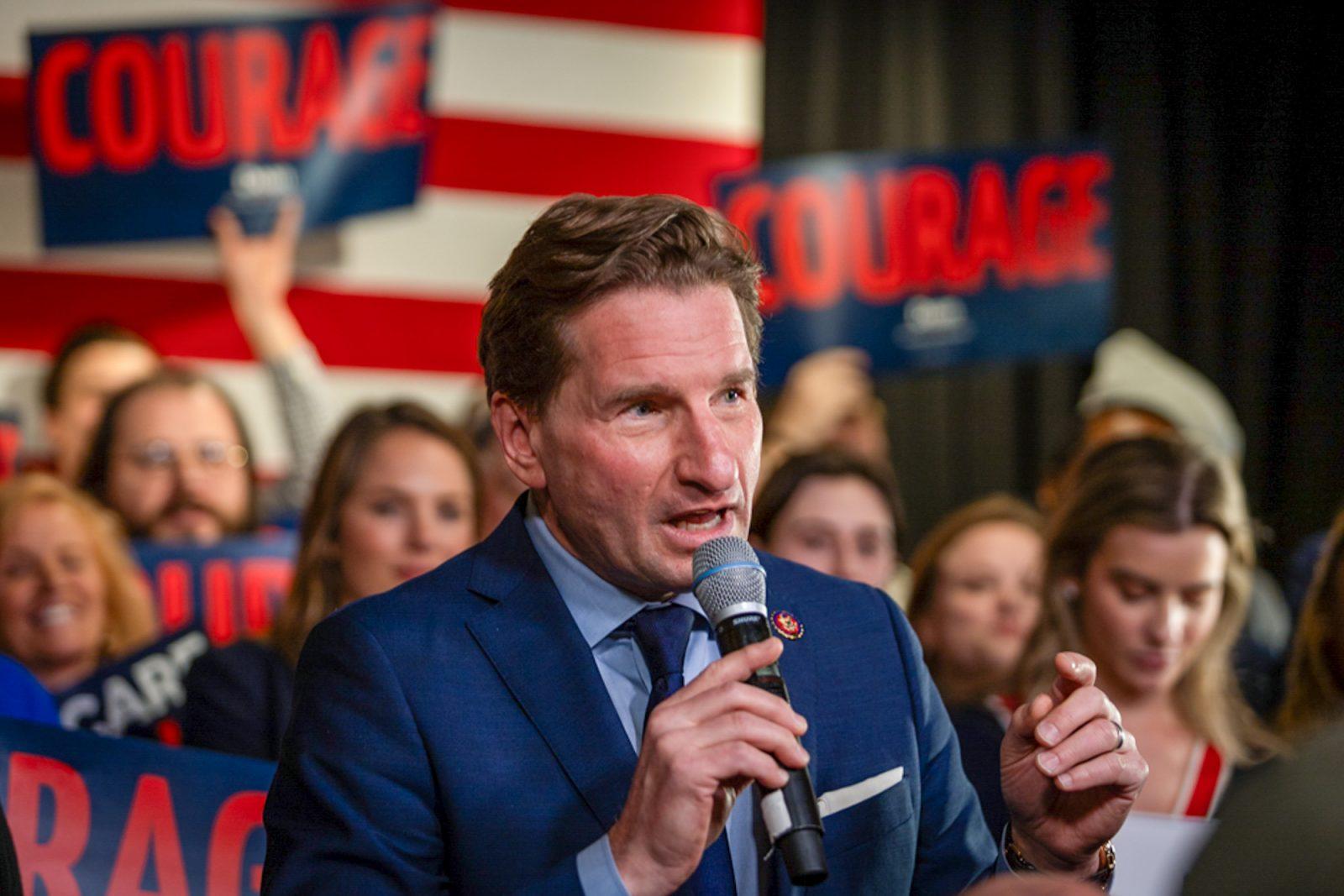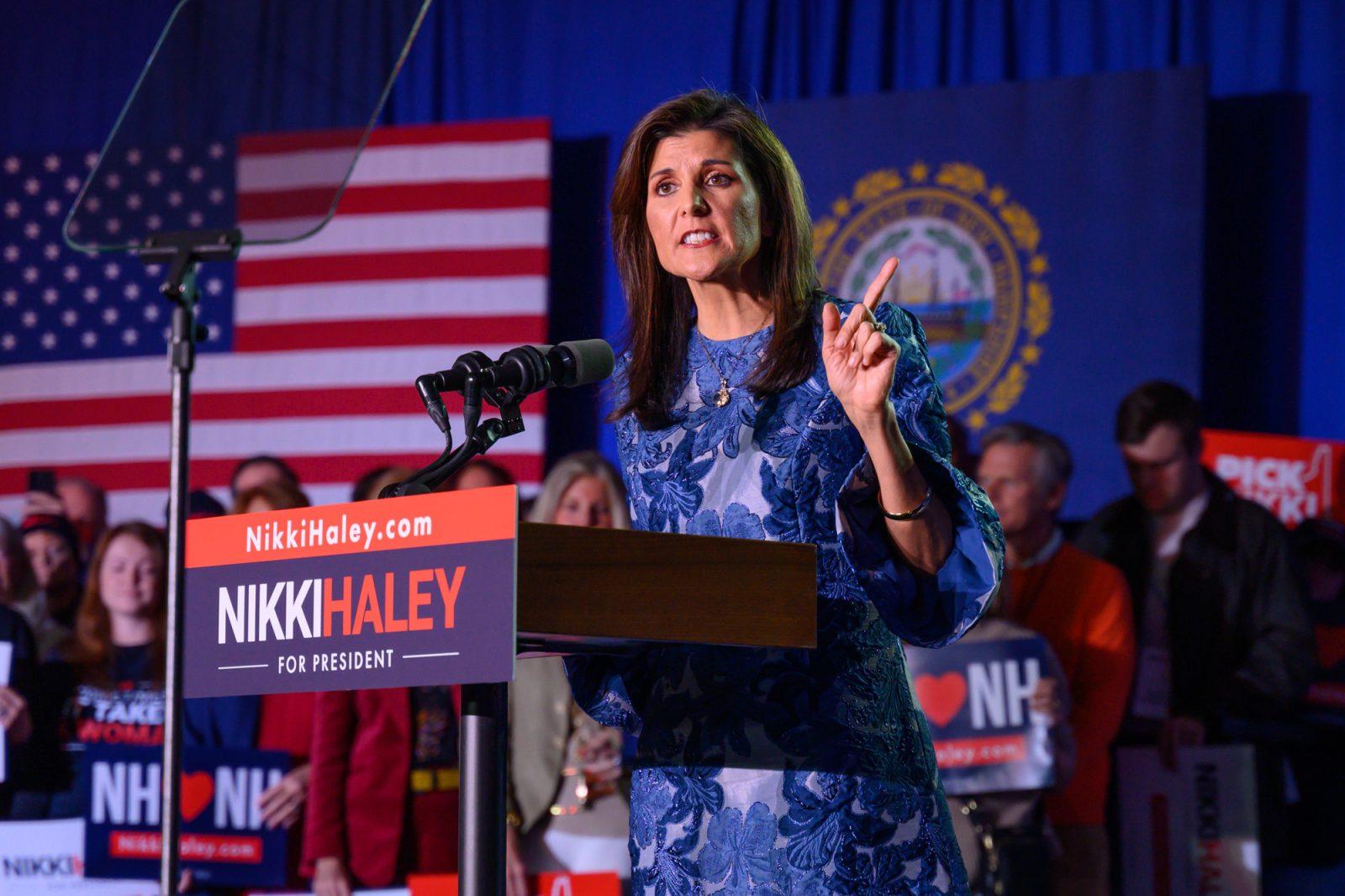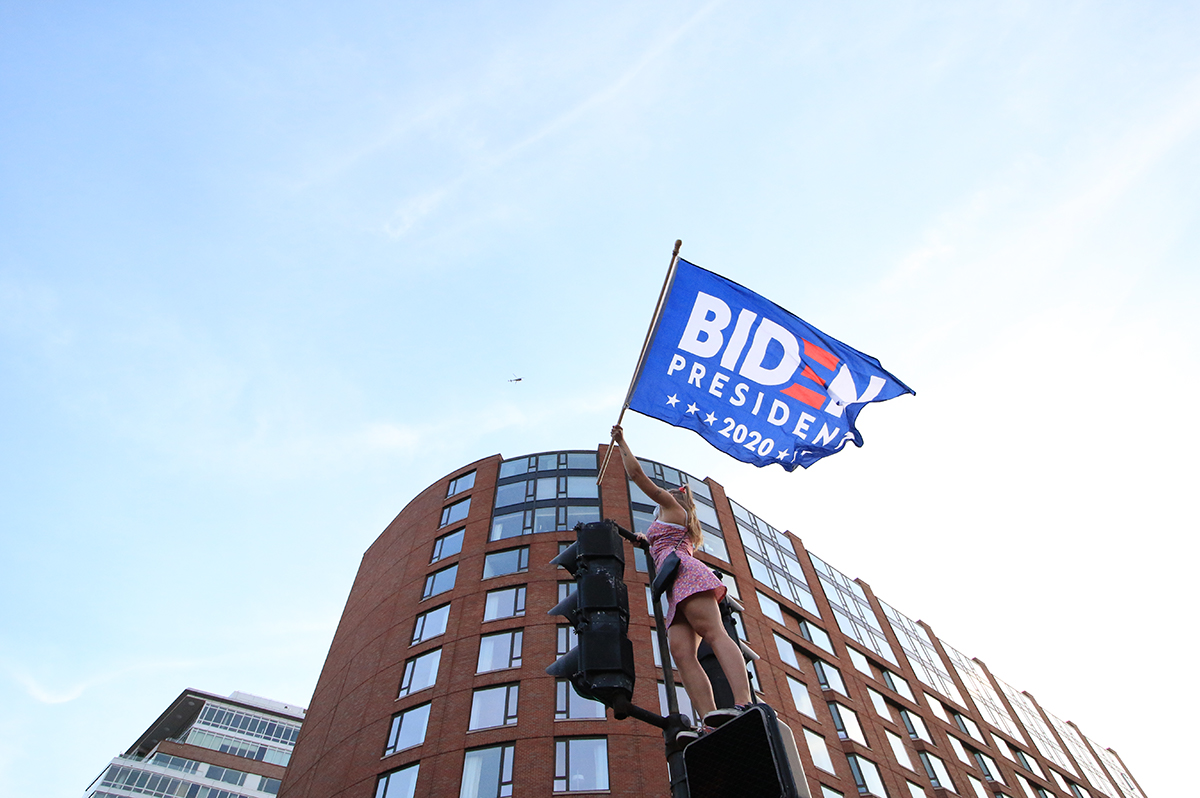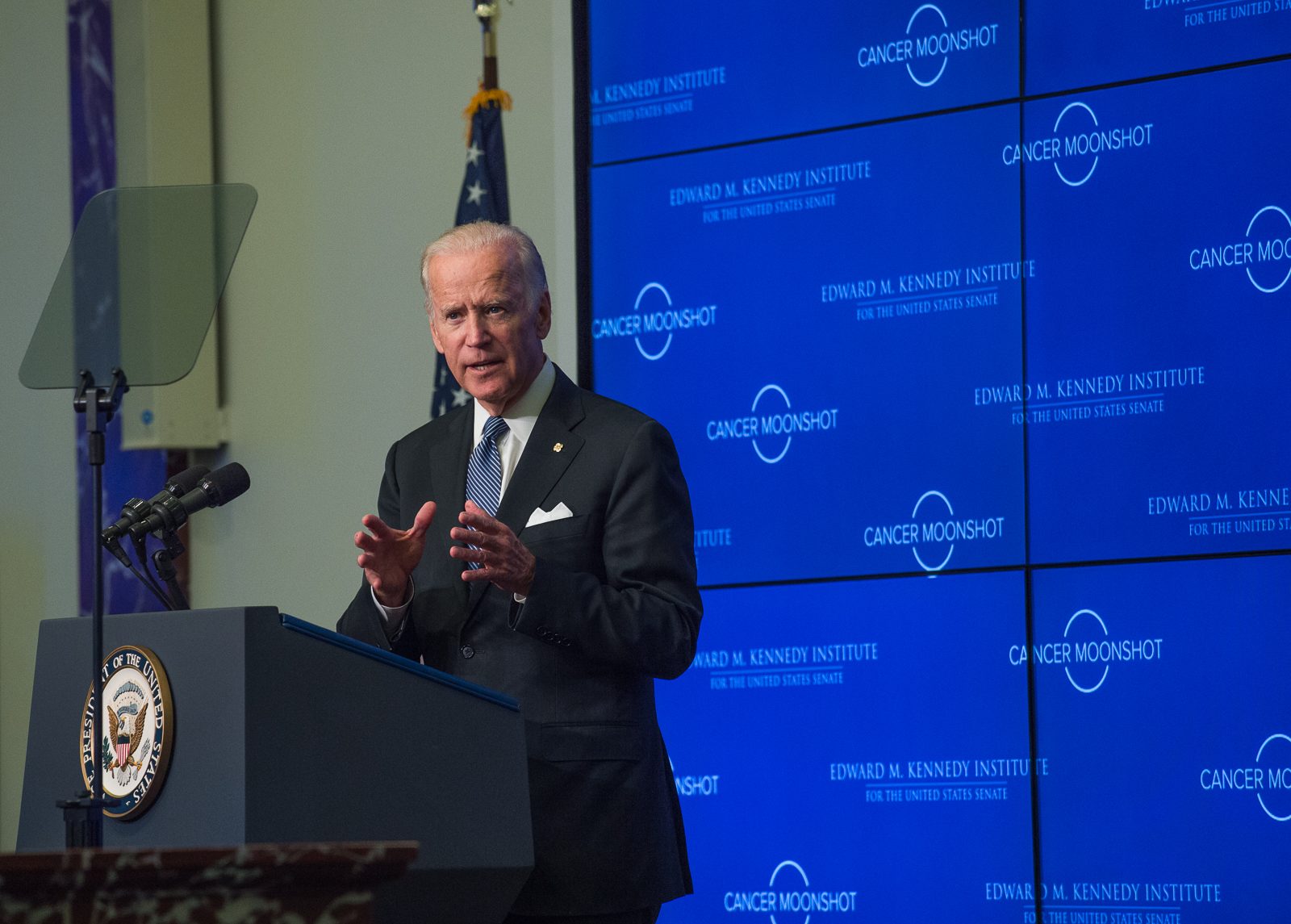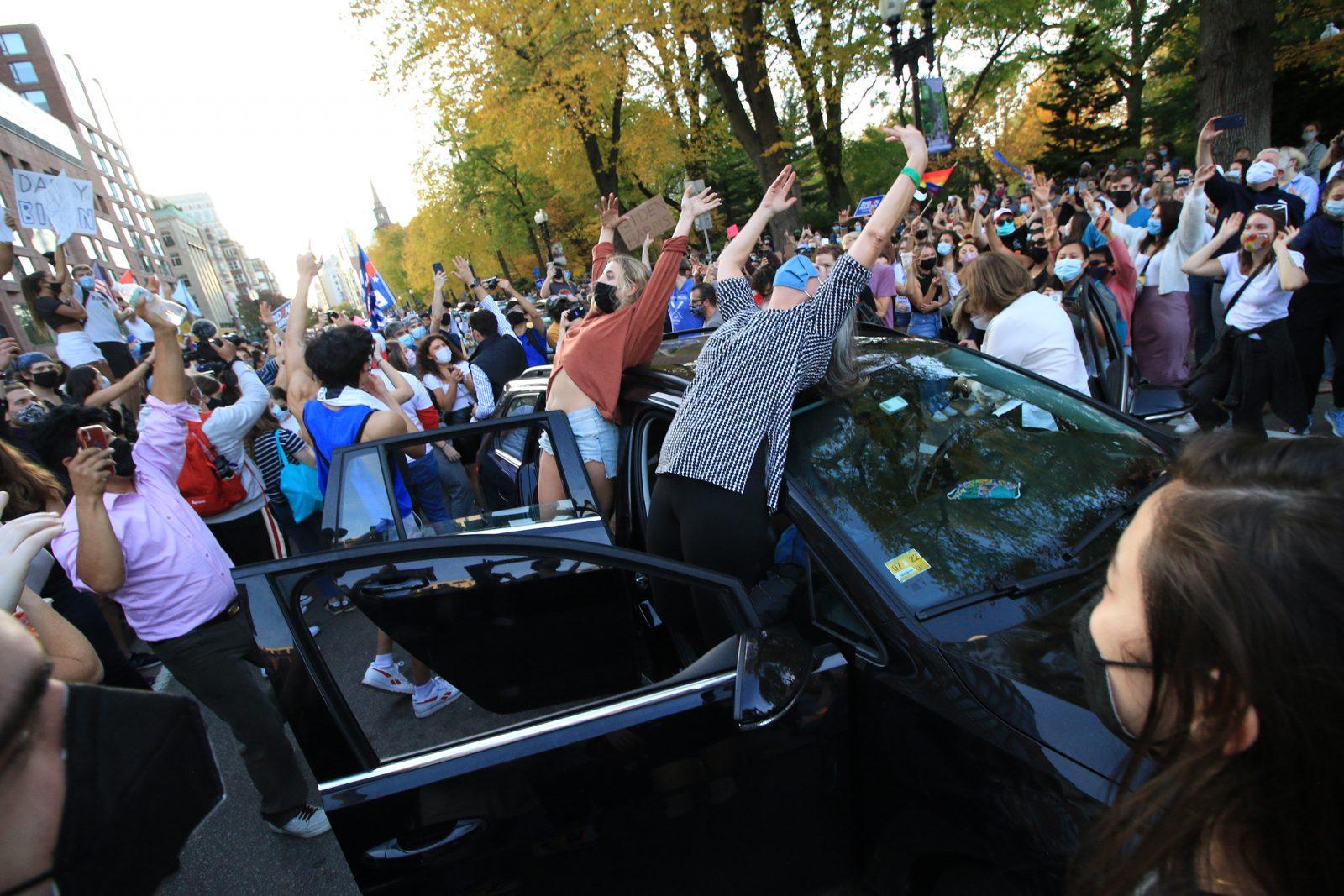Three years after President Barack Obama’s election, Boston University professors and students explored their views on his campaign promises and the youth vote at “Hope and Change? A Conversation on the Obama Presidency” Tuesday night.
The lecture, held in the George Sherman Union Terrace Lounge, featured Dean of Students Kenneth Elmore, who delved into Obama’s campaign’s impact on youth voters and how he can regain their support in the 2012 election.
“In conversations with Dean Elmore, we found that [the Obama presidency] is a topic that BU students want to talk about,” said BU Public Relations Director Mary Tunney, one of the panel organizers. “With the huge youth turnout he had, it’s especially relevant to college students.”
Tunney said that more than 100 students attended the panel and countless more watched as it was broadcasted live on Ustream. Using the hashtag #BUchat, online viewers were able to ask the panel questions on Twitter.
The panel included College of Communication Dean Tom Fiedler, journalism professor Robert Zelnick, COM senior Tabitha Watson and College of Arts and Science sophomore Crystal Burrell. They covered several topics, from the role of the media to withdrawing troops from Iraq. The panelists said their current views differ from the opinions they held directly after the election.
“The word you kept hearing was ‘historic,’” Fiedler said. “Everyone who had voted for Obama was jubilant.”
Zelnick, though, is more cautious.
“We have to ask ourselves, how important was his election?” he said.
Zelnick said the election broke color lines and that electing the nation’s first black president rid the country of the “residue of the disgrace that was slavery and segregation.” However, he called Obama a disappointment.
The open forum, hosted by BU Today, also included a YouSpeak video that showed students’ grades of President Obama. While the first few ratings in the video were high, students then began to question promises he had made about Guantanamo Bay and healthcare.
The panelists explored the changing public perceptions on the president and how it would affect the 2012 election, which led them to address what qualities a viable Republican candidate would need and what it would take for Obama to win reelection.
“His bills are getting stuck in Congress. He needs to lose his temper. The ‘no drama Obama’ persona isn’t going to help him in 2012,” Fiedler said, citing Harry Truman’s run in 1948 in which he challenged Congress and earned the nickname “Give ‘Em Hell Harry.”
While panelists said no one in the Republican Party has emerged as a clear frontrunner at this point, Fiedler said the pros and cons of supporting a third-party candidate should be considered, as they tend to take away votes from the contender rather than the incumbent.
Byrell said that if Obama wants to secure her vote in 2012, he needs to focus on one initiative – job creation.
“I’m graduating in a year and a half, so job, jobs, jobs!” Byrell said.
Caroline Thompson, a CAS sophomore, said she attended the panel to “get a variety of perspectives” on the Obama presidency.
Thompson, who called herself a moderate, also said that she would vote for Obama simply because she does not see any of the candidates running against him as strong competition.
Taylor Walker, a COM freshman, said what Obama would potentially do in a second term does not get enough attention.
“Right now we’ve been spending a lot of time analyzing the GOP candidates,” Walker said. “You also should focus on the current president as well and what he will have to offer in the next term, if he were re-elected.”
























































































































